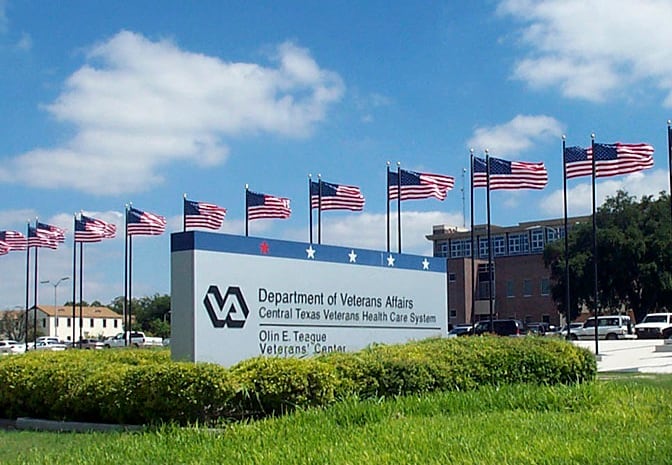The Veterans Affairs Department is positioning itself to create a health care system focused on service-connected conditions and ready for the bolus of veterans who will need care as Iraq and Afghanistan vets age, House Veterans' Affairs Committee members said Wednesday.
VA, which has struggled in the past five years with scandals related to disability claims backlogs and long wait times for medical treatment, is "making strides" in improving its services, said House Veterans' Affairs Committee Cchairman Rep. Jeff Miller, R-Fla., at an event sponsored by Brookings in Washington, D.C.
VA officials sent a plan to Congress last week proposing changes to its health care delivery system, with a focus on streamlining several programs that provide private health care to veterans.
The long-term transition plan also calls for ensuring that VA hospitals and clinics continue to provide care for service-connected conditions, to include prosthetics, mental health, poly-trauma treatment and other specialty services.
"What we are trying to do is not tear VA down brick by brick. We're trying to supplement it. We need to start focusing on what we do well and no one else can do. ... With other things that can be done in the community, we should allow the veteran to go out," Miller said, summarizing the plan drafted by Dr. David Shulkin, VA undersecretary of health.
Rep. Tim Walz, D-Minn., said that VA needs to figure out how to provide veterans health care at a "rate and cost that's doable."
"If we miss this opportunity for the long-term reform, that rabbit is coming through the anaconda," Walz said, referring to the large cohort of veterans who will need care as they age. "It will come back again, you can be certain. Now is the time to deal with it."
The lawmakers said VA needs to address problems in holding its senior leaders accountable but added it also must address slow hiring and its electronic health record system modernization. Both Walz and Miller said it may be time for the White House to force the Defense Department and VA to work together.
"I would welcome White House intervention on this," Walz said.
"It needs to be done," Miller added.
The House and Senate Veterans' Affairs committees have planned hearings in mid-November to focus on the transition of VA-provided private health care.
Shulkin said in a release that he is excited to be a part of shaping VA's future.
"Streamlining processes, finding greater efficiencies, and enhancing the way VA partners with other federal agencies, academic affiliates, and community providers will allow veterans to receive health benefits where and when they need them," Shulkin said.
Patricia Kime is a senior writer covering military and veterans health care, medicine and personnel issues.




